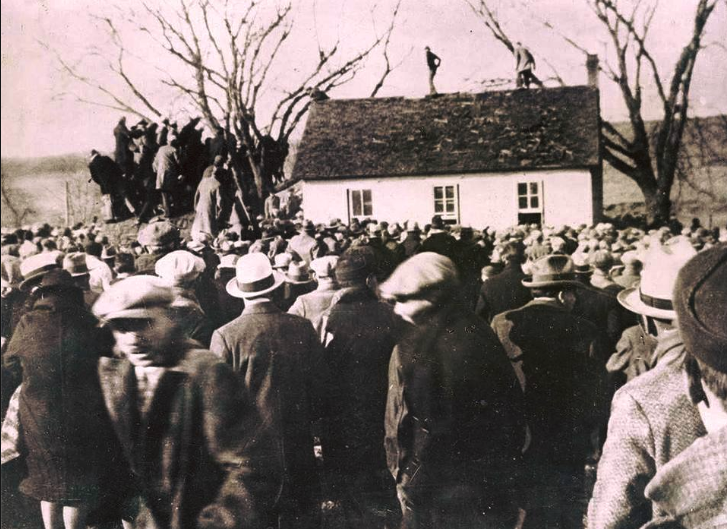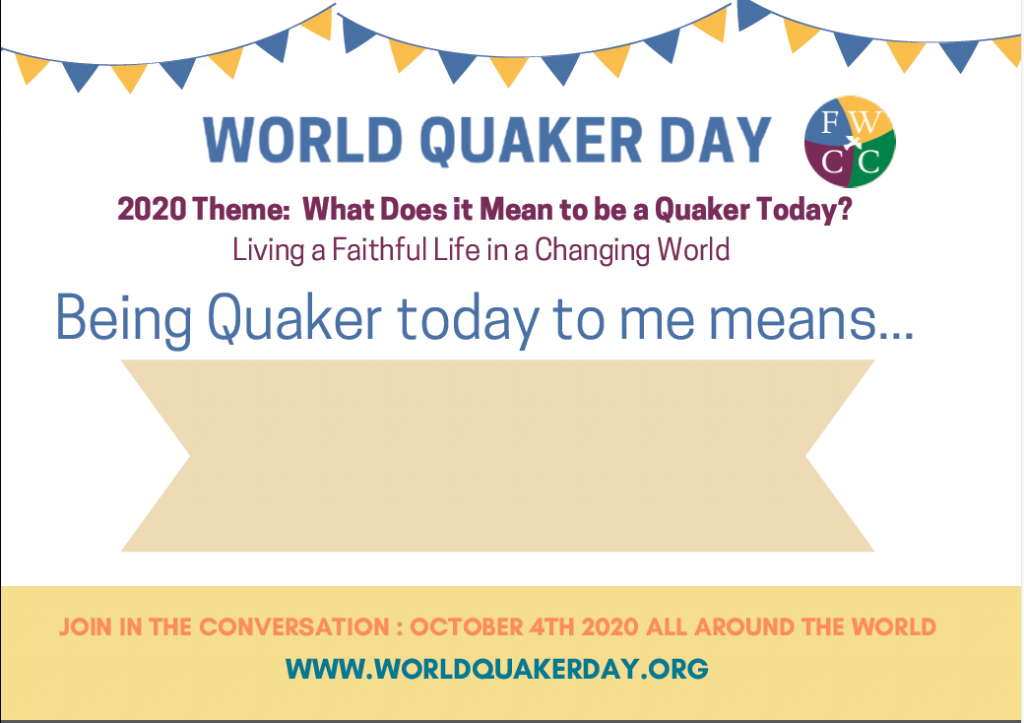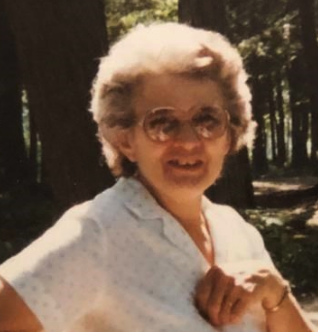Message given at Durham Friends Meeting, September 27, 2020
Good morning Friends,
My heart is torn in two directions as I speak this morning, no actually three. I want to share my rose and my thorn, as we used to say at the Addams/Melman house dinner table. We had four adults and two youngsters, so it was a way to draw everyone in as we talked of the days activities. The rose was our joy for our day, the thorn our sorrow, and not to overlook the bud, that was our hope.
So my message today will have those three parts.
Linda spoke my mind last Sunday, as did Eden Grace previously, when they kept us focused on the urgency of racial justice at this time. They also engaged the issue of reparations. I believe the time is right and I join Linda in calling for our federal government to address it.
At the expense of spending six times more on military hardware than all the developed nations in the world, I hope we can find a way to afford reparations. That hope is my bud for the future.
I want to speak next of my rose. It is a positive and loving message to this meeting, especially as I am leaving soon to be with family in California.
I came to this meeting after 45 years of attending silent, non-pastoral meetings, so I arrived with a stubborn mindset regarding worship as well as an abiding interest in activist peace and social concerns.
What I found was a small but beloved community, truly devoted to Christ’s message of loving as the essential commandment. I also found a vital vocal ministry coming from depths of experience. So I am thankful to Durham Meeting for accepting me into this community, and for helping me to grow with it’s loving concern for its children and it’s active sensitivity to those in need.
That said, I continued to be outspoken regarding my concerns for a deepening of silent, expectant waiting that I needed personally to center down. I did find ways to make this happen. Way opened, as we like to say.
My other concern was my leading to advocate for peacetime conversion of our local industry of weapon production, Bath Iron Works. I did, with time feel supported in this leading. Again, my gratitude to Durham Friends.
On turning 88, I find the past does become more insistent. Reaching this age opens more awareness of the arc of my life and the culture which influenced it. The two overriding or recurring threads in my life have been expressed most effective in my painting: they are (1) Human vulnerability to violence and the fear and distortion which arises from the enormous human potential for violent behavior. (2) Racism, specifically, the racial incident which took place in my home town which haunted my imagination and profoundly shaped my sensibility.
This paradox arises: That my creative joy in the craft of painting was combined with an overriding need in its content to deal with the demons of a racist and violent society, that was acculturated into my subconscious. That is my thorn.
The degree to which I was affected by hearsay accounts of the rape and murder of a young country school teacher in 1931 continued to permeate my subconscious until my 30’s and 40’s when it began to surface in my painting. In my 60’s I tried to write a novel about it. That it percolated all those years to become something of an obsession was evident.

It is the story of Raymond Gunn, a young black man growing up on the fringe of a small north western Missouri town and being accused of the crime. It was my home town and the county seat, with a population of less the 10,000. The town had maybe thirty black families. The country school house in the incident was in a much smaller community five miles west, within the area where Raymond trapped.
As a young and very idealistic adolescent, the story confused me and I identified with the accused but untried young black man who was immolated by a mob. Raymond’s fate kept cropping up in my painting as though it was a personal buried trauma. I later learned how traumatized my mother was by the incident while I was in utero. The lynch mob had spilled over on to our front yard with great noise and dust as Raymond was being dragged by rope to his death. My mother emerged from the house searching frantically for my five year old brother playing outside. That she developed some phobias around human violence as well as natural events like the flood of her childhood in Nebraska, is not surprising. Nor is it surprising that I grew up with a guilty view connecting sex, violence and justice. The entire small town reacted immediately after the incident with massive paranoia and fear of reprisal.
My father was out of town working when Raymond way lynched. The failure of the good town fathers to prevent the violence always puzzled me. The threat of a violent mob was known. The governor had anticipated it by ordering the local National Guard to stand by. The local chain of command chose to stand down doing nothing. The lone sheriff escorting Raymond to the court house for arraignment was over powered. There were reports of instigators having come from other places. The local papers reported that Raymond led the police to the murder weapon making the case against him. That a fair trial would have changed the opinion was doubtful. Raymond was, after all, an illiterate black trapper who lived in the shadows of the woods and creeks. He had been raised an orphan by his uncle who lived in abject poverty, collecting trash with a mule and wagon. Newspaper accounts called Raymond a moron.
All the blacks moved out of town overnight.
As a teenager raised in communities that were predominantly white, my contacts with people of color were few and charged with false stereotypes. The inability to break through the surface to make real human contact with Afro-Americans continued until the age of 19 when I moved to New York. I now realize how crippling that pervasive cultural racism was to my growth as a human being despite the mantle of white privillage, with it’s accompanying guilt. I felt the frustrating sting of being quietly turned away when trying to bridge the gap to a Black high school classmate and not understanding why he was so wary of me. It took years living and working in Brooklyn, N.Y. in a neighborhood of predominately Black and Latino population and at close quarters to build intimate friendships and to fully understand the tragic divide created by the underlying “white supremacy”. The irrational fears perpetuated by distorted White superiority, I later learned were coverups for the deeply buried economic injustices of slavery and genocide of Native Americans. The resulting Jim Crow system keeping Blacks locked into a caste system of poverty just as the Indian laws did the Native Americans. The institutional and systemic racism buried in my cultural background that has crippled countless thousands of Black and Brown children, has also wounded and impoverished my life. James Baldwin was so right in his recognition that White people will never be free until equal justice is accorded all Americans.
Only now, sixty years after the civil rights movement, Dr. Martin Luther King, Jr. and affirmative action we are seeing the burst of wonderful artists of color, writers, intellectuals and politicians that were lost to previous generations. This is the time to openly admit to a national injustice and debt to those who still suffer under the system of Jim Crow, Indian Policy, redlining, segregation and inferior education, health and housing opportunities.
We now see the relationship between the concept of restorative justice, Baldwin’s insights and Christ’s message. A restorative justice that leads to forgiveness, reconciliation and ultimately to love, is the hope for an extended Beloved Community. Christ led the way.


